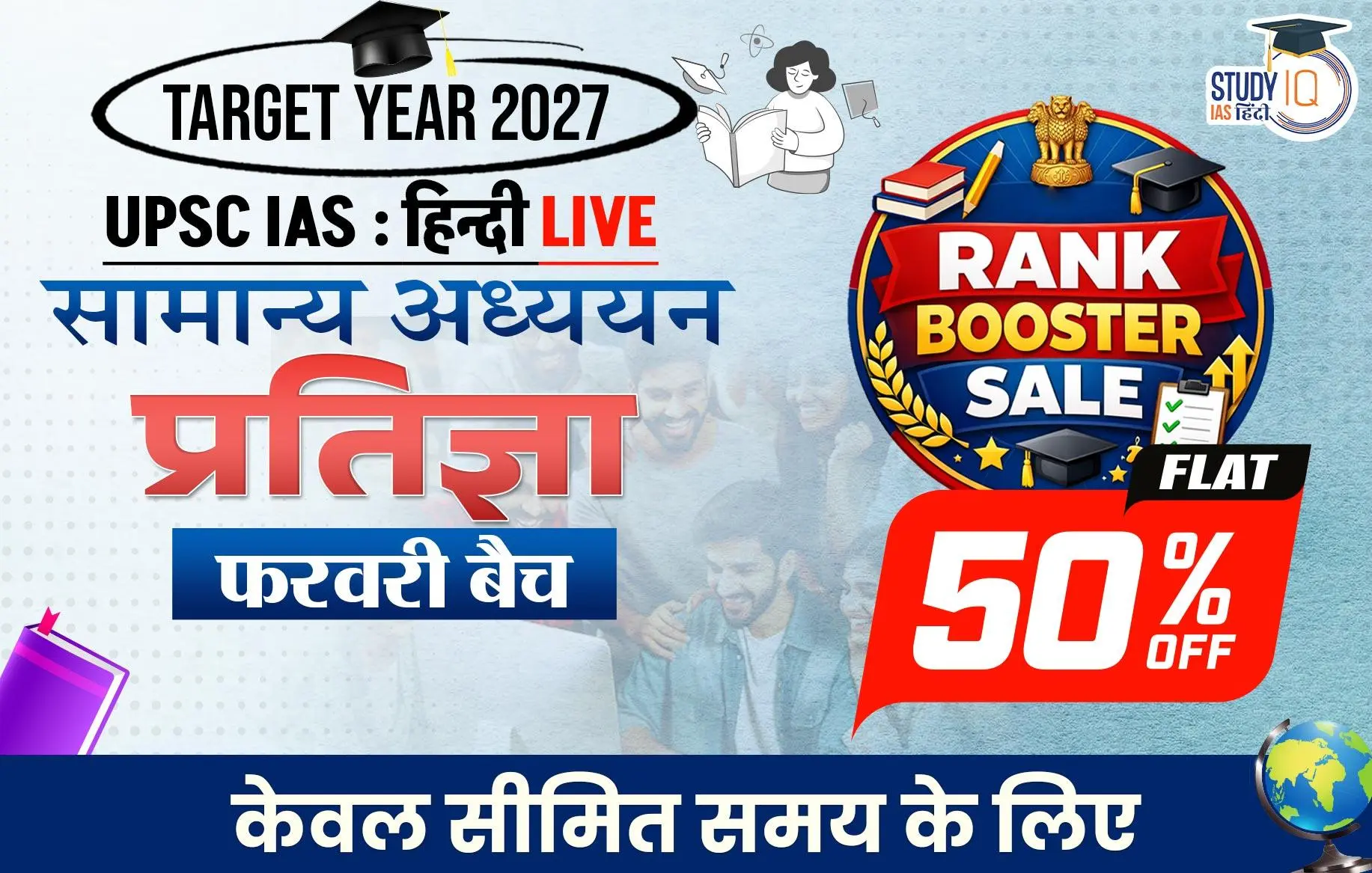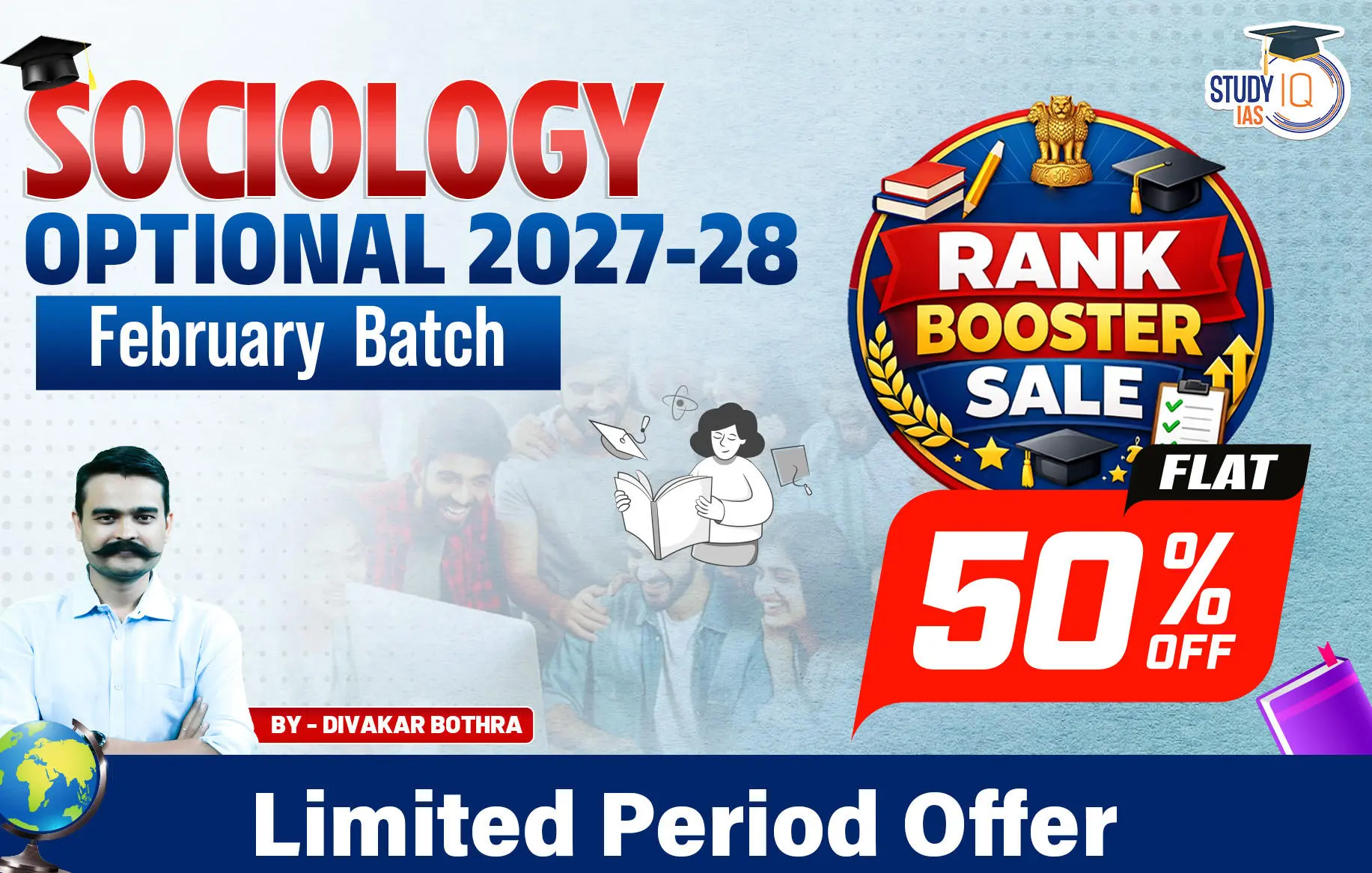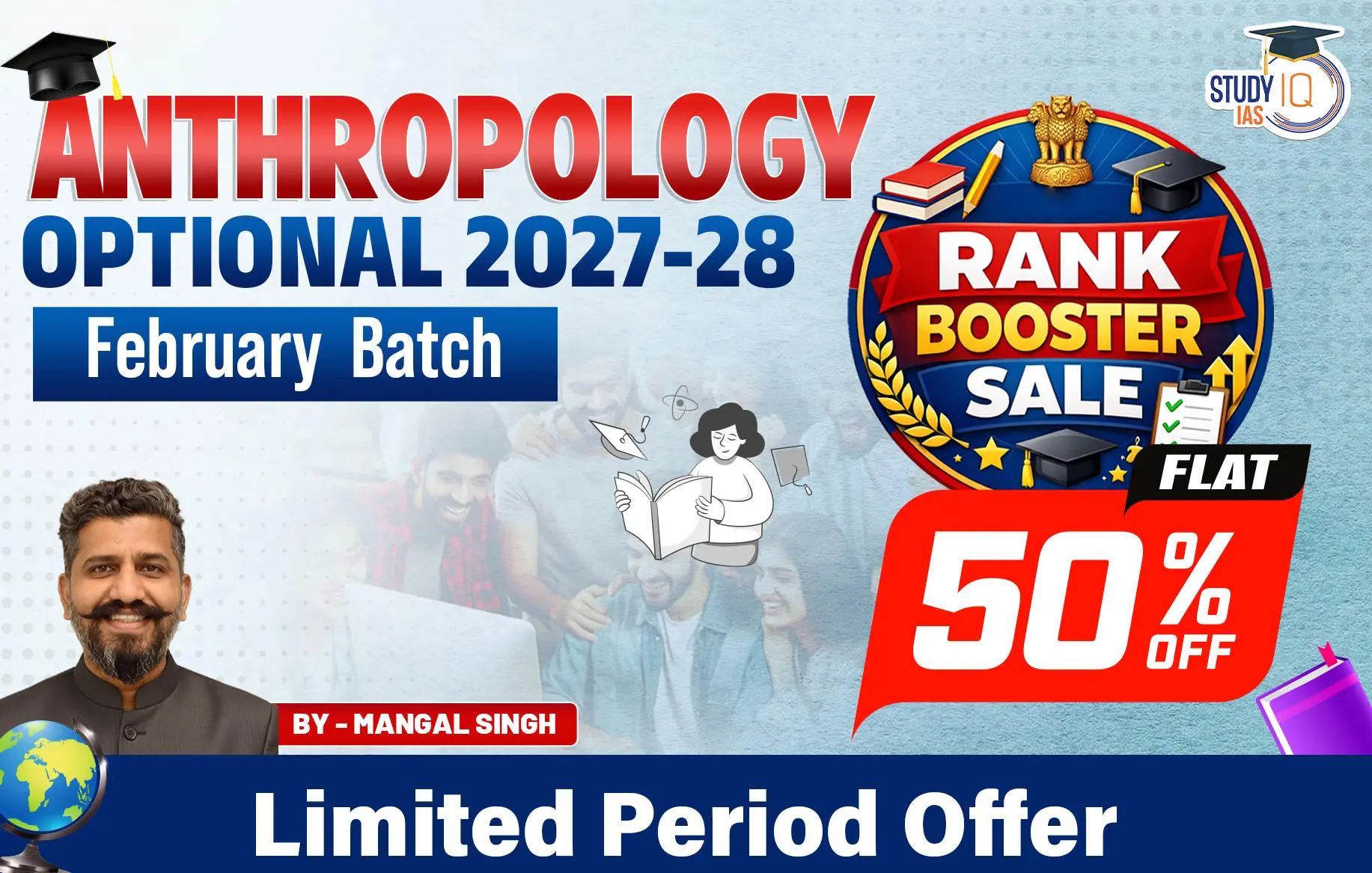Table of Contents
The Indian biopharmaceutical industry is rapidly expanding, currently valued at $60 billion. This growth is driven by increased innovation, with India rising to 39th place in the Global Innovation Index, up from 81st in 2015.
Definition
Biopharmaceuticals: These are medicines made from living cells, such as yeast and bacteria, as against conventional drugs that are made from chemicals.
- Useful in the treatment of chronic diseases like cancer, diabetes, cardiovascular disease, and serious inflammatory autoimmune diseases.
- These include biologics and biosimilars.
- Biologic (or biologic drug): It is a medicine made in a living system, such as yeast, bacteria, or animal cells.
- Biosimilars (or follow-on biologics): These refer to a biologic that is very similar to the one that has been cleared by the authorities for prescription by doctors.
- They are also known as follow-on biologics and share the same efficacy and safety profiles.
| Facts |
|
National Biopharma Mission (NBM)
- Under the Make in India Initiative, the government launched the National Biopharma Mission (NBM), co-funded by the World Bank with a budget of $250 million.
- Aims to accelerate biopharmaceutical development through industry-academia collaboration.
- Supports nearly 150 organisations and 300 MSMEs, establishing 21 shared infrastructure facilities pivotal for research and biomanufacturing.
- Despite these efforts, India holds only a 3% share of the global biosimilar market.
Challenges: Patent Evergreening
- Patent Evergreening is a tactic where companies extend a drug’s market monopoly by making minor modifications when the original patent expires.
- This delays biosimilar entry and keeps prices high.
- Example: Roche extended trastuzumab (Herceptin) exclusivity by introducing a modified version as the original patent expired. This practice costs the US healthcare system around $700 million annually.
India’s Legal Framework and Patent Evergreening Prevention
- Section 3(d) of India’s Patents Act (1970) prevents evergreening by denying patents for minor improvements without substantial advancements.
- Example: Novartis’s application for Glivec was rejected, setting a strong precedent against evergreening.
- Other relevant provisions include:
- Section 3(e), which limits patenting mixtures of known compounds.
- Section 3(i), which prevents patents on treatment methods.
- Despite these safeguards, around 72% of pharmaceutical patents granted are for minor modifications, suggesting a need for stronger patent scrutiny.
Global Context: EU and US Patent Practices
- In the US, 74% of new patents are linked to existing drugs, with 80% of top-selling drugs granted extended patents.
- The European Union has adopted clear biosimilar guidelines, resulting in high adoption rates and cost savings in countries like Germany, the UK, and Nordic nations.
Recommendations
- India needs to further strengthen patent opposition mechanisms to prevent evergreening and ensure public health is prioritised.
- This approach will improve access to affordable biosimilars and uphold the patent system’s true purpose: encouraging meaningful innovation rather than prolonging monopolies.

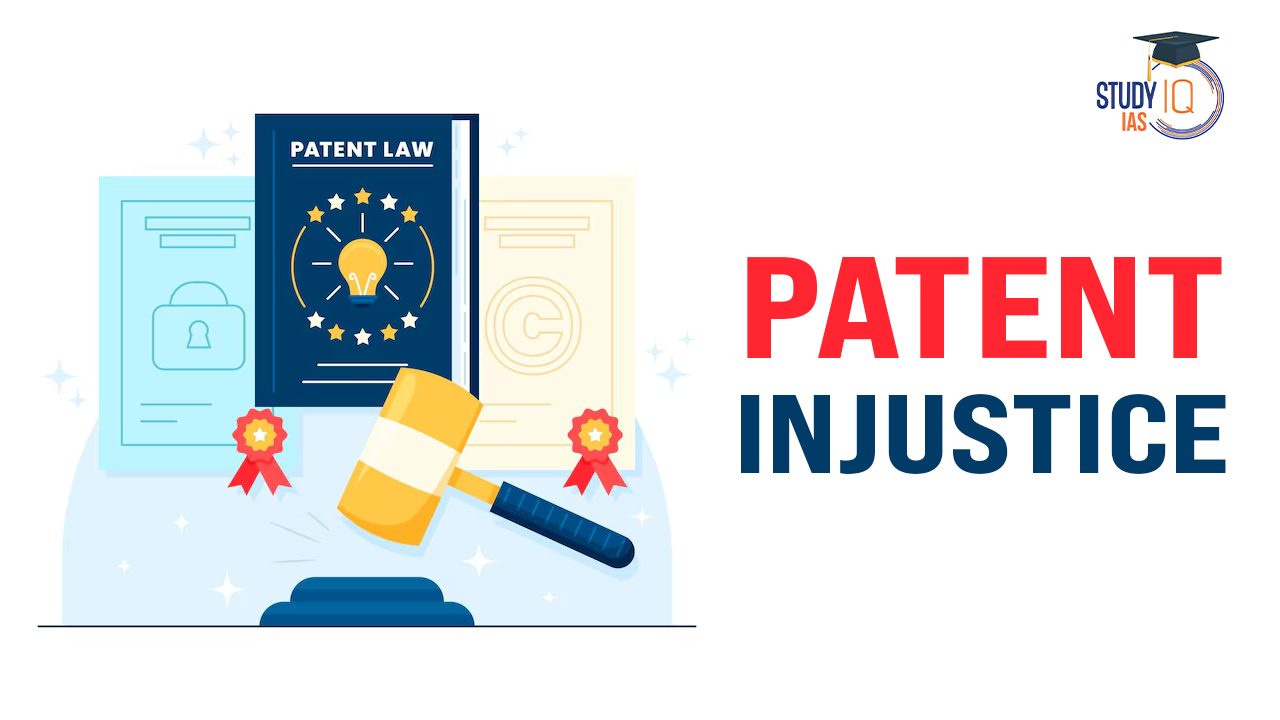
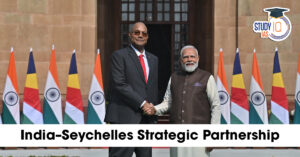 India–Seychelles Strategic Partnership...
India–Seychelles Strategic Partnership...
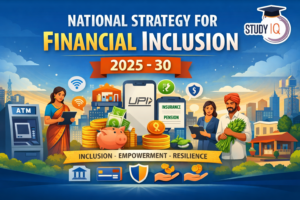 National Strategy for Financial Inclusio...
National Strategy for Financial Inclusio...
 Draft Income-tax Rules 2026: Key Propose...
Draft Income-tax Rules 2026: Key Propose...


